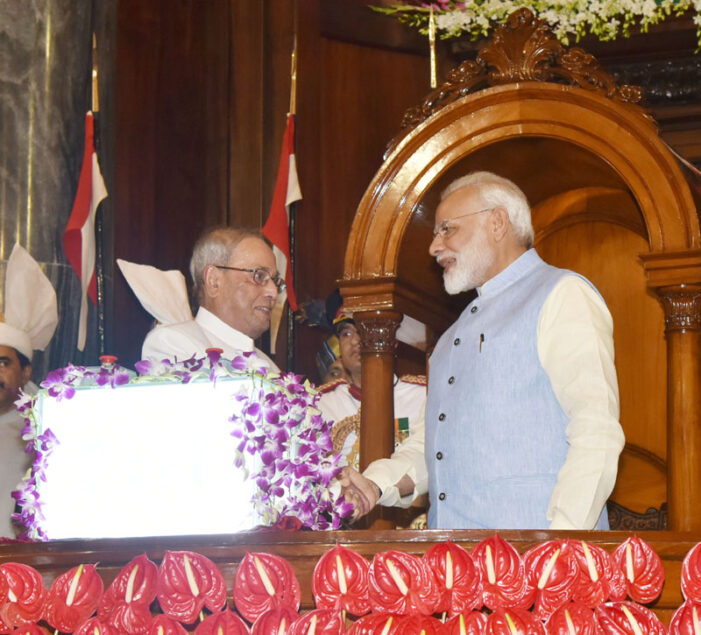Unlike what Congress proposed as a simple three-tier GST capping at 18%, the BJP-led NDA government has made it 4-slab and added 28% slab imposing one of the worst taxation system in the world, said Congress leader Randeep Singh Surjewala.
Besides the Goods and Services Tax (GST), the cess included, some products will be as costlier as 43% more than the existing prices, he said. The cascading effect will be another standstill in economic growth as it would affect the common man and daily purchasing power of many people, he said.
While the livelihood of shopkeepers, traders, micro and small businesses is at stake, the new tax regime defeats the very purpose of simplifying the tax structure. Addressing a Traders Sammelan of ‘Vyapar Bachao-Dukandar Bachao’ protest in Haryana, he said, “The GST in its current form will be a blow to the farmers, textile sector, small and medium businesses. It will lead to run away inflation for all goods of mass consumption.”
He revealed that the original proposal made by the UPA government was simple, transparent and not at all complicated. But the new BJP framed GST requires 37 returns to be filed by every taxpayer per year. “In case, a taxpayer is doing business in all 36 states/UTs, it will be 1,332 returns, which is shocking,” he revealed.
The GST is against the basic needs of common man — roti, kapda aur makaan — as all these sectors are set for shocking rise in costs, he said. Giving examples, he said, “daily use items” like shampoos, deodrant attract 28 per cent, ACs/TVs/washing machines too attract 28%, furniture 28 %, computers/printers 28% and even small cars attract 28% and questioned the rationale in attacking the middle class which consumes most of these items.
He pointed out that even sanitary napkins, which are usually kept outside the tax regimes in many advanced and even poorer countries have been put under 12% tax regime on par with shoes and footwear. Even dialysis/blood test/X-ray/ultrasound etc. come under the same category, smacking the irrational treatment of medical services in the country, which may increase the medical bills for the common man.
Daily food items like tea/coffee/butter/biscuit/ curd/sweets/juices attract 12 pc to 28 pc, revealing the mindless aggressive attitude of the policy makers and tax administrators.
“Does it make sense to tax mineral water at 18 per cent even when caviar and prawns are taxed at 12 per cent or even when exotic imported fruits and vegetables are taxed at 0 per cent,” he asked.
Giving an example of taxing almonds and dry fruits at 12 per cent and cashew nuts at 5 per cent, he questioned the rationale behind such decision-making. It is everybody’s knowledge that almonds and dry fruits are good for health while cashew is fatty food and not advised for good health.
He questioned tax on man-made fiber and yarn, dyeing and printing and embroidery at 18% while the end product fabric is only 5 per cent, which means the service sector in textile would be hit badly and many may loose jobs.
While Indian farmer can’t compete with global farmer as there is a massive shortage of cold storage units in the country coupled with high indebtedness and suicides among the farmers, the government has imposed 18% tax on construction of cold storage units, which is more harmful to India and may increase imports.
This is what “Modi government’s method of governance: long on talks and short on delivery,” he told the protesters.

